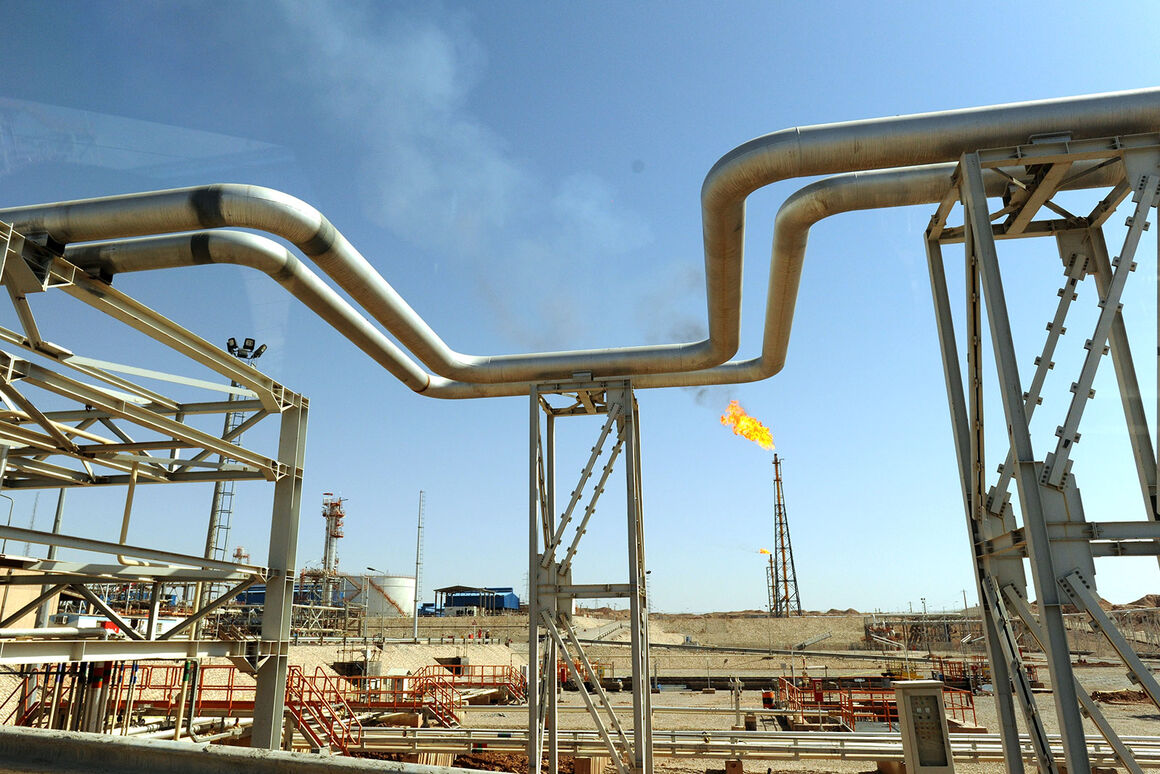Despite international sanctions, Iranian companies have played a significant role in its drilling, production, and operation, according to Keyvan Yar-Ahmadi.
Yar-Ahmadi, speaking at the closing ceremony of the Third Petrotech Conference on Monday, noted that drilling at the Azar Oil Field began under a contract signed in the 2000s. In 2005, the second well confirmed the presence of oil reserves. The initial developer and investor were obligated to complete the project within a set timeframe, but sanctions led the contracted company to withdraw from the project.
Yar-Ahmadi added that in 2012, a development contract was signed with the participation of the Iranian Oil Industry Investment Company and the Oil Industries Engineering and Construction Company (OIEC).
Under this agreement, the National Iranian Oil Company (NIOC) was designated as the project executor, with investors providing financial and operational resources. The contract aimed to drill several wells within a budget of 1.5 billion euros, ultimately leading to optimal production.
Iranian companies, domestic production
Yar-Ahmadi emphasized that the development of the Azar Oil Field is one of Iran's most successful projects during the sanctions era. Located in southwestern Iran in Ilam Province, the field extends into Iraq, where it is known as the Badra Oil Field.
Geologically and in terms of fluid conditions, it is one of the country's most challenging fields, with highly volatile and complex fluids requiring specialized materials.
He highlighted that extensive activities at the field have involved Iranian contractors, who accounted for at least 51% of the work, with over 75% of the development share belonging to Iranian companies. This demonstrates Iran's domestic capability in executing complex oil projects.
Yar-Ahmadi also noted that local workforce participation during the construction phase was 47%, rising to 77% during the operational phase. This trend is expected to continue in the second phase of development.
Sanctions and development challenges
The Azar Oil Field was developed amid international sanctions, with many required materials and equipment, also used in military industries, sourced domestically or through alternative methods. Yar-Ahmadi explained that drilling operations at the field have been the longest among onshore fields in Iran due to its geological complexity.
For the first time, acid fracturing was conducted on a field scale at Azar, though the process faced challenges despite initial success. Over 90 million man-hours have been spent on the project, reflecting its scale and importance to Iran's oil industry.
Yar-Ahmadi stated that negotiations for the second phase of development began in 2022, with the final contract agreed upon in March 2024. However, the contract has yet to be finalized. He noted that prolonged contractual processes are a challenge in developing shared fields, while international companies operate without similar restrictions on the Iraqi side of the Azar field.
In the second phase, the focus will be on drilling, utilizing the capacities established in the first phase. The implementation of this phase is expected to increase oil production and fully realize the field's development.


Your Comment